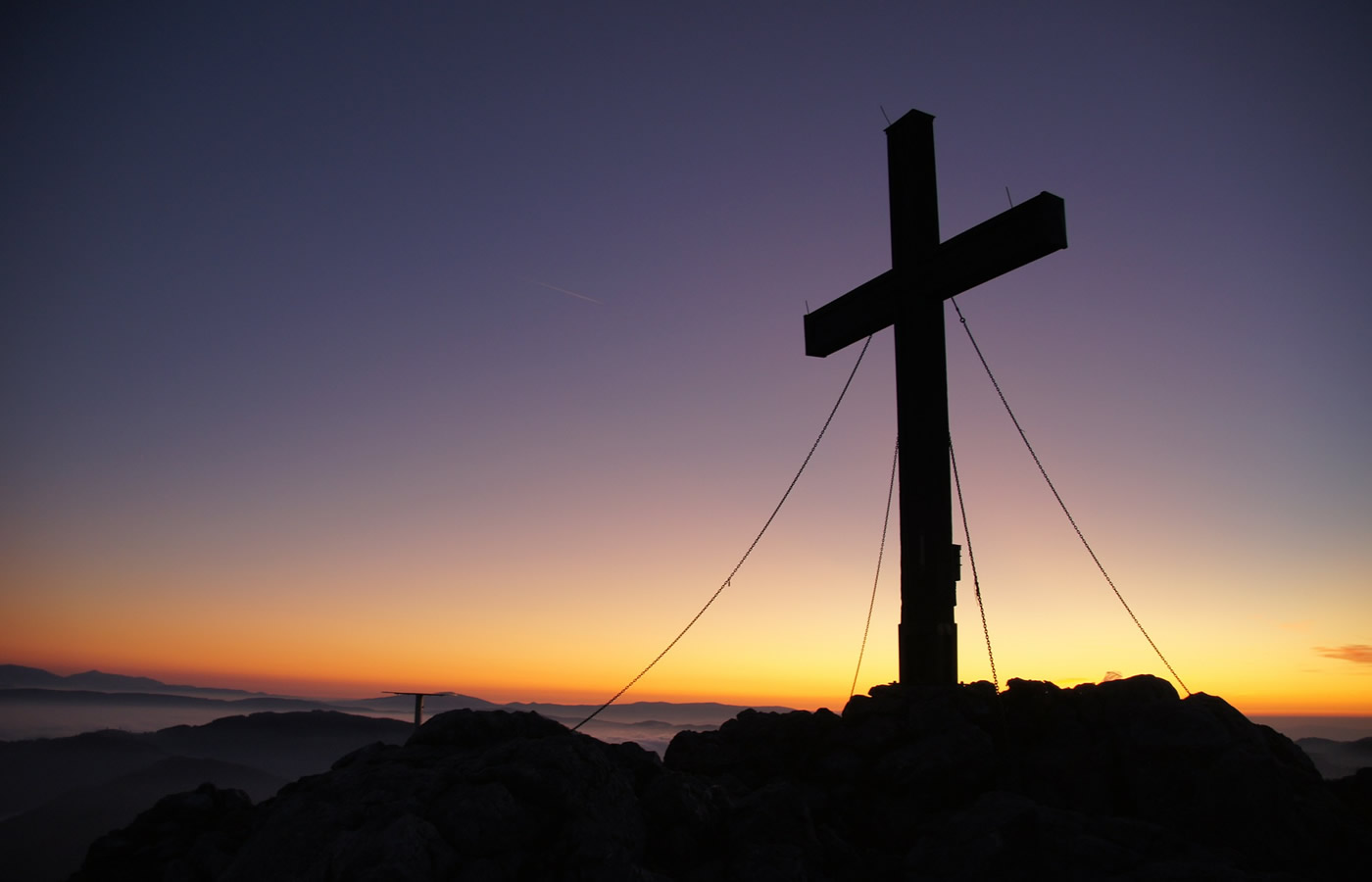This is part 2 in a 4 part series on leading in weakness.
Part 1 – Letting Others Be Strong For Us: From Insecurity to Generosity
Part 3 – From Passivity to Empowerment
Part 4 – From Expectation to Gratitude: The Greatest Poverty of All
Have you ever done the best you can, only to discover that it doesn’t seem to be enough? Maybe you invested hours into a work project, and at the end you hear nothing but criticism and what could have been done better. Or maybe you worked to put on a ministry event, and very few people show up. Maybe you reach out to a friend who has suffered a loss, but then you say the wrong words and find him taking out all his stress and disappointment on you.
This can be one of the most draining things. We’ve given of ourselves, sometimes even making sacrifices and putting ourselves in front of others vulnerably ‒ and there seems to be no fruit or reward at the end of it.
I’ve experienced this a lot in leadership, and have wrestled with how to respond when I’m in this kind of state of weakness ‒ feeling like I have nothing left to give.
One response I’ve had is to try to double my efforts to fix the problems, but when my tank is empty this usually results in burnout. Another response is to channel my frustration at others for their seemingly unrealistic expectations. Both of these tend to backfire, and I’m learning that’s because they come out of an attempt to control people and situations.
In my times of weakness, I’m trying a different approach: acceptance rather than control. I’m learning to say after a disappointing project or event, “Well, that didn’t go so well. What can we learn from this for next time?” I’m learning to say to my suffering friend, “I’m so sorry that I can’t do more right now, or be the kind of support you need.” And to let that be enough.
Sometimes I might add: “I truly value you and I’m praying for God’s presence ‒ and the support of other people in your life ‒ to be strong for you where I am weak.”
Sometimes we are not enough … as leaders. That’s a hard truth to accept, as it goes against our impulse to prove ourselves and our worth. But in God’s design, I believe we were never meant to be enough. We are given the gift of relationships and community, so that some are strong where others are weak. We are given the gift of God’s presence so He can be our strength in our times of weakness, and so we can learn and grow. This is how we were meant to lead ‒ with others, not by trying harder on our own!
When we draw upon the resources of relationships and God, we become better and more complete leaders. And it all can start with a simple step … as we honestly accept our limitations, and have the courage to admit where we are weak.





